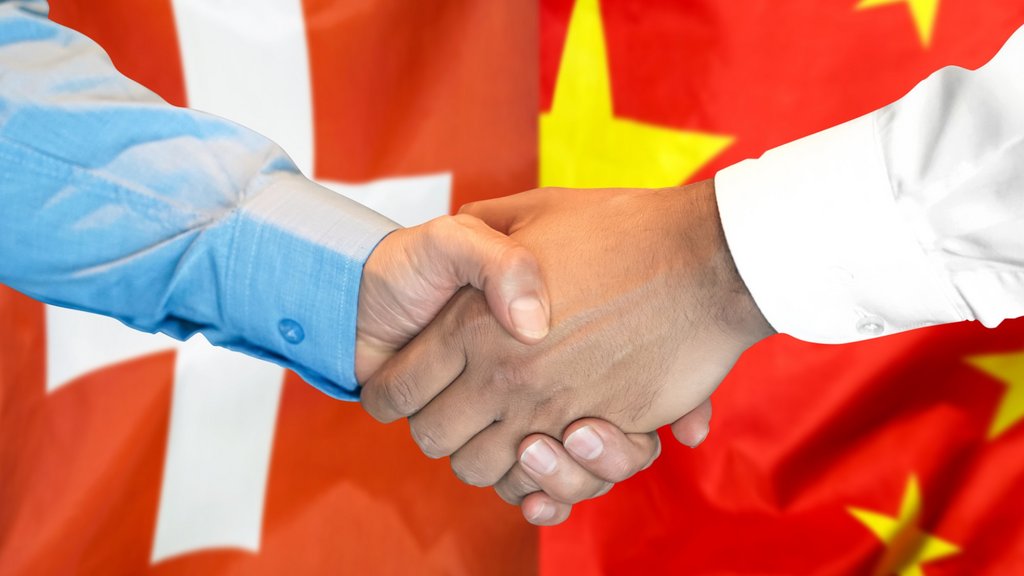Research - 16.09.2022 - 00:00
Swiss Business in China Survey 2022
Data and analysis on the challenges and opportunities of Swiss businesses in China during a tumultuous year. For the first time, the survey was conducted twice within one year to better map how pandemic and geopolitical changes have affected companies' expectations.<br/>

In 2022, and for the first time ever, the Swiss Business in China Survey was performed twice within the same year: early in 2022 and then later with a mid-year flash follow-up to re-evaluate the initial findings. The idea was to understand how recent geopolitical tensions, the war in Europe and the ongoing Omicron lockdowns in China impacted the expectations of Swiss companies in 2022 and beyond.
The initial 2022 survey recorded some of the highest-ever level of business confidence since 2006, while the follow-up survey only a few months later was measurably different, showing a dramatic fall in confidence, demonstrating an unprecedented change.
By early 2022, all the growth lost due to the pandemic had been fully recovered and Swiss managers viewed 2022 with unfettered optimism. Over 70% of respondents had expectations of higher sales, and no respondents expected a decrease or termination of investments in China. The second survey showed that only 40% of surveyed business now expected higher sales and 15% foresaw a decrease or termination of investments in China. Many respondents cited geopolitical tensions as a cause.
The 2022 survey like previous years, asked questions about the specifics of doing business in China. One finding is that Swiss companies face ever-fiercer competition with 60% identifying it as the main challenge.
Maintaining a Swiss competitive advantage in China is important: what are then the Swiss success factors that distinguish them from other countries in the China market? High quality (80%) and a strong brand (57%).
Dr. Patrick Ziltener, member of the HSG Board of Governors, makes the case that Western firms operate under two diverging sets of conditions when doing business in China, with “some firms in areas where they can expect a red-carpet welcome and others that face increased regulations”.
Dr. Tomas Casas, director of the China Competence Center (FIM-HSG) stresses that China is one of the top three foreign market priorities for 67% for respondents. While “this year has been a tumultuous one, we all look forward to 2023 and hope that a strong rebound could be in the works similar to what happened in 2021.”
This survey is conducted by University of St.Gallen in cooperation with the Swiss Centers Group, China Integrated, and with the support of Embassy of Switzerland in China, Swissnex, Switzerland Global Enterprise, Swiss Business Hub in China, the Swiss Chinese Chamber of Commerce (SCCC) and SwissCham China, as well as economiesuisse.
Since 2018, surveys on the Sino-Swiss business, trade and investment relationship, including analyses of the bilateral Free Trade Agreement (FTA), have been produced by the University of St.Gallen in cooperation with Swiss partners and institutions. The driving aim of this work is to provide a service to the Swiss business community and to the Swiss public in general.
The Swiss Business in China Survey 2022 can be found here.
Image: Adobe Stock / polack
More articles from the same category
Discover our special topics











